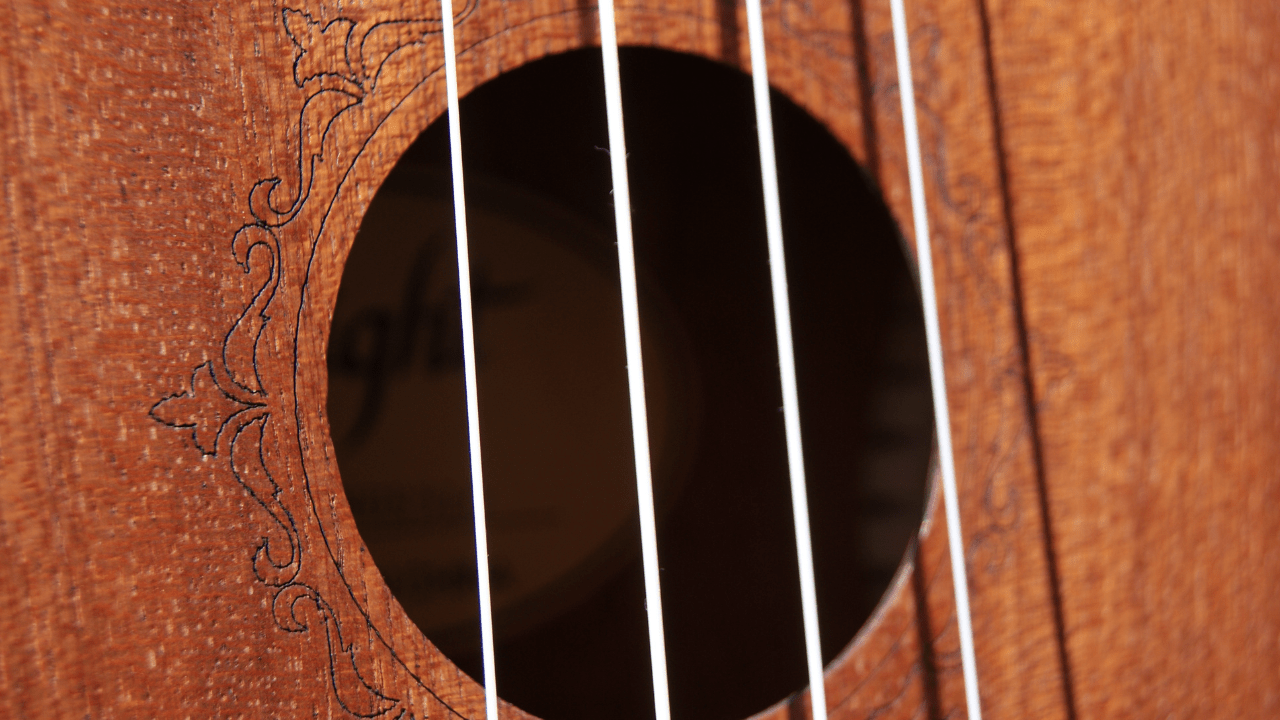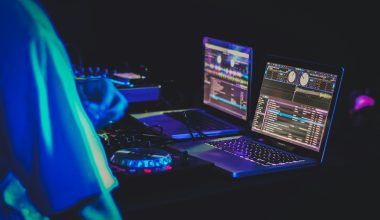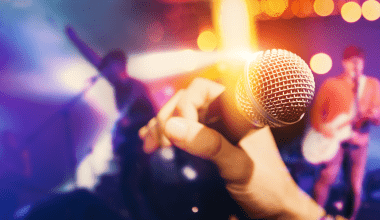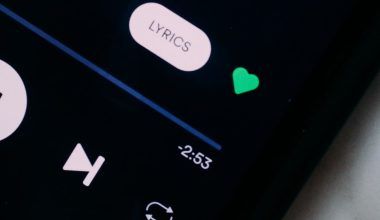Have you ever listened to a song that sounds muffled or unclear? Or watched a video where the audio is just not crisp enough? This happens when the audio quality is low. A key factor in audio quality is something called kbps. But don’t worry, we’ll explain everything in simple terms so you can make the best choices for your listening experience.
Let’s start with the basics and take a journey to understand how kbps affects the sound you hear every day.
What Does Kbps Mean?
Kbps stands for kilobits per second. It’s a way of measuring how much audio data is being processed every second. Imagine it as how much “information” is packed into the sound you’re hearing. The more data, the better the quality of the audio.
- Low Kbps: The audio has less data, so it may not sound as clear or rich.
- High Kbps: The sound is detailed and crisp, like hearing live music.
How Kbps Affects Audio Quality
Think of kbps as the number of pixels in a picture. A low-pixel photo looks blurry, while a high-pixel photo is sharp. Similarly, lower kbps makes the audio sound dull, while higher kbps makes it vibrant and full of life.
Here’s a quick example:
- 64 kbps: Like an old FM radio.
- 128 kbps: Decent but not perfect. Used in free streaming services.
- 320 kbps: Crystal clear, great for music lovers.
- Lossless Quality (over 1,000 kbps): The best you can get, like being in the recording studio!
Why Best Audio Quality Kbps Is Important
When you’re choosing how to listen to music, watch videos, or even record a podcast, the kbps you choose can make or break the experience. Here’s why:
- Music Fans: High kbps means you’ll hear every beat, instrument, and vocal clearly.
- Movie Buffs: Good audio enhances the thrill of a great scene.
- Gamers: Clear audio helps you react to sound cues faster.
- Podcasters: Crisp sound keeps your listeners engaged.
Different Kinds of Audio Formats and Kbps
Not all audio files are the same. The format of the file (like MP3 or FLAC) and its kbps work together to determine how it sounds.
1. MP3 (MPEG Audio Layer III):
- Popular and widely used.
- Good quality at 128 kbps, great quality at 320 kbps.
- Small file sizes, ideal for streaming and storage.
2. AAC (Advanced Audio Coding):
- Better than MP3 at lower kbps.
- Used by platforms like YouTube and Apple Music.
3. FLAC (Free Lossless Audio Codec):
- Retains original quality without compression.
- Requires more storage but offers the best sound experience.
4. WAV (Waveform Audio File):
- High-quality and uncompressed.
- Used in professional audio production.
Each format has its purpose, but the higher the kbps, the better the sound clarity.
How to Choose the Best Audio Quality Kbps for Your Needs
For Music Lovers
If you love music, go for 256-320 kbps MP3 or lossless formats like FLAC (1,411 kbps). This ensures you hear every instrument and detail in your favorite songs.
For Podcasts
Podcasts are mostly about voices, so 128 kbps MP3 is enough. It keeps the voice clear and easy to understand.
For Gaming
Gaming requires balanced audio. Aim for 192-256 kbps AAC, as it delivers clear sound effects without lag.
For Streaming Videos
Streaming platforms like Netflix or YouTube compress audio to save data. Look for 128-192 kbps AAC for smooth playback.
How to Check and Improve Audio Quality
- Use Quality Headphones or Speakers
Good equipment makes a huge difference. Even high-kbps audio can sound bad on cheap headphones. - Choose High-Quality Streaming Settings
Services like Spotify let you pick audio quality. Always choose the “High” or “Very High” option. - Download Instead of Streaming
Downloading audio files often retains higher kbps compared to streaming. - Use Audio Editing Software
Tools like Audacity or GarageBand let you export files at higher kbps for better sound.
Audio Quality Across Popular Platforms
Here’s how major platforms deliver audio:
- Spotify:
- Free Tier: 160 kbps (Ogg Vorbis).
- Premium Tier: 320 kbps (Ogg Vorbis).
- Apple Music:
- Uses 256 kbps (AAC), ensuring clear audio.
- YouTube:
- Streams at 128 kbps (AAC).
- TIDAL:
- Offers lossless audio at over 1,000 kbps.
Common Myths About Kbps
Myth 1: Higher Kbps Always Means Better Quality
Not entirely true. If the original recording is poor, increasing kbps won’t fix it.
Myth 2: All Devices Play High-Kbps Audio
Not all headphones or speakers can handle high-quality sound. Invest in good equipment to enjoy the difference.
Myth 3: Bigger Files Are Always Better
File size depends on both format and kbps. Choose what fits your storage and quality needs.
FAQs About Best Audio Quality Kbps
Q1. Can I convert low-kbps audio to high quality?
No, converting low-quality audio to high kbps won’t improve its sound. It’s like trying to make a blurry photo sharp—it doesn’t work.
Q2. What’s the best kbps for casual listening?
For casual streaming, 128-192 kbps is fine. For better quality, aim for 256-320 kbps.
Q3. Why does lossless audio take so much space?
Lossless formats like FLAC don’t compress the audio, so they keep every detail intact. This requires more storage.
Tips to Enhance Your Audio Experience
- Invest in a Good DAC (Digital-to-Analog Converter):
This ensures high-quality audio playback, especially for lossless files. - Regularly Clean Your Equipment:
Dust can impact sound quality, so keep headphones and speakers clean. - Learn Basic Audio Editing:
Adjusting levels and filters can make even average audio files sound better. - Choose the Right Environment:
Avoid noisy spaces to truly enjoy high-quality audio.
The Future of Audio Quality: Beyond Kbps
While kbps remains an important metric, new technologies are emerging. Formats like Dolby Atmos and Spatial Audio create immersive soundscapes that go beyond traditional audio metrics. These advancements are shaping how we experience music, movies, and games.
Conclusion: Why Best Audio Quality Kbps Matters
Audio quality isn’t just a technical term; it’s the way we connect to our favorite songs, movies, and podcasts. Choosing the right kbps helps you get the most out of your listening experience. Whether you’re streaming on Spotify, watching videos on YouTube, or recording a podcast, understanding kbps ensures you always enjoy the best sound.
So, the next time you hit play, remember that kbps is your secret to unlocking amazing audio!
Related Articles:
For further reading, explore these related articles:
- How to Become a Successful Music Artist in India in 2024?
- Promo Cards on Spotify: A Game Changer for Artists
For additional resources on music marketing and distribution, visit Deliver My Tune.





